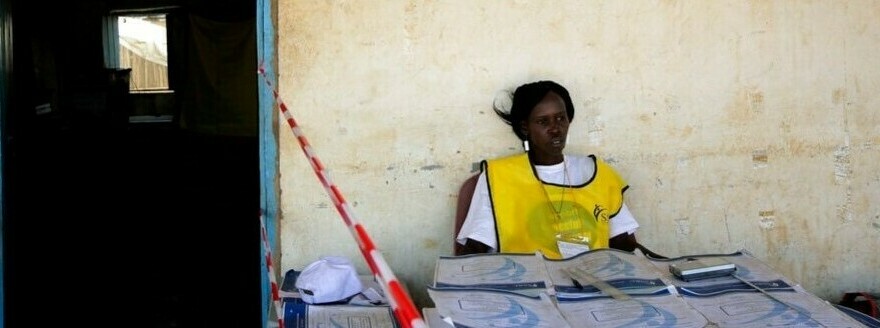South Sudanese women leaders are advocating for female candidates to be considered for the presidency in the upcoming December 2024 elections. Representatives from various political parties and civil society groups gathered in Juba on Wednesday to discuss the current level of female representation in power, which stands at 35%.
Josephine Nadia Michael, speaking on behalf of the SPLM-IO led by First Vice President Riek Machar, emphasized the capability of South Sudanese women to hold the presidency. She highlighted the importance of women not being confined to lower positions, stating, “We want to see a woman running for the presidency as well.”
Nadia further emphasized the need to increase the percentage of women in positions of power beyond the current 35%, stating, “We don’t want to limit ourselves to just 35%, otherwise, we risk falling behind.”
Lily Kiden Elizayo, Chair of the Gender Committee in the Transitional National Legislative Assembly, emphasized the necessity of enshrining the 35% representation quota for women in the permanent constitution of South Sudan’s government. She also called for all political parties to commit to including this quota in their party manifestos.
“If the 35% representation isn’t embedded in the constitution,” Kiden warned, “women leaders risk losing their rights.” However, she also voiced concerns about election security, stressing the importance of ensuring adequate provisions for security during the upcoming elections to prevent intimidation of voters.
Maria John, a South Sudanese women leader, echoed the sentiment of increasing the 35% representation quota for women, advocating for their appointment to positions such as governors and county commissioners. “Men often underestimate us, claiming we’re just women,” Mary asserted. “But we are determined to prove them wrong.”
South Sudan is currently under a transitional unity government whose term is set to end with the election in December this year. However, peace monitors and observers say the South Sudanese government hasn’t built up the structure necessary to hold free and fair elections.




